(I recorded myself reading this article to you! - Click above)
Disclaimer: I’m way out of my league talking about this stuff, and I apologize for the following thoughts not being particularly comforting, but here’s what has been in my head the last few days since attending the Aspen Ideas Festival and I need to just get it out so I can move on and think about something else. If you are not up for an essay about my AI concerns, scroll down to the bottom for a panel on finding hope in troubling times!
People
Thursday night I sat with hundreds of people in Aspen Colorado listening to a conversation with Sam Altman the 39 year-old founder and CEO of Open AI, and Brian Chesky the CEO of Air B&B.
Altman’s optimism about the positive impact Artificial Intelligence will surely have on humanity - like how it will solve so many of our problems and advance our species (and likely find a cure for cancer faster than just individual human brains could manage), was palpable.
“That is the story of the world getting better” he claimed, “we make technology, people use it to build new things and express their creative ideas and society improves”. And that all sounds great.
But it was difficult to dismiss my feeling of unease about some of what I heard about last week at the Aspen Ideas Festival1. And for exactly the reason Altman said: they make technology and people use it. People. I mean…have you MET us?
The Facebook Cautionary Tale
Remember when Facebook came out and it was so fun and exciting? The possibilities that social media presented to us in terms of being connected to each other were endless and the optimism was high. We thought, now we will be so connected with each other! We went about cheerfully “friending” folks we hadn’t been in touch with since high school, and laughing with joy at the photos of our East Coast friend’s toddler, and we found our little niche communities and took the “which Star Trek Character are you?” quiz. Remember?
We were so busy surfing the World Wide Web of Human Connection that, bless our hearts, we had no way of knowing how social media would eventually destroy our kids, our view of reality, and even our democracy. (ok maybe that’s a tiny exaggeration, but you know what I mean).
Admittedly, social media and artificial intelligence are not equivalent, but perhaps we would do well to ask ourselves: what is to blame for Facebook turning from something that was connecting us to something that is destroying us.
What Factors were involved in the social media disintegration?
Here are three things I’ve come up with (what would you add/subtract/change from this list?”):
1. The shittier side of human beings.
I spent some time with Monica Lewinsky, a couple years ago. She may just be “patient zero” when it comes to the epidemic of on-line bullying. Knowing that Lewinsky has, for over 26 years, been the butt of internet jokes, a woman endlessly ridiculed by strangers, I asked her how many times people have been really horrible to her to her face. Like, in-person. She told me she could count those incidents on one hand.
It’s as if the very worst side of human beings was just waiting around for the internet to come along so we could really cut loose on each other. Humans are supposed to interact face to face. It keeps us slightly more decent.
Reader, this part of us still exists.
2. Bad Actors.
Not the soap opera kind. The enemies of the state kind. Sorry if it sounds like I’m speaking from under a tin foil hat. But it’s real.
In August of 2022 I wrote a piece (linked below) in which I discuss how,
If the Mueller report taught us anything, it is that the Russian Internet Research Agency (IRA) has become very adept at hacking into American computers and, even more effectively, our hearts and minds.
Reader, this still exists.
3. The unrelenting need to maximize shareholder profits.
Outrage leads to clicks and clicks lead to ad revenue, and ad revenue leads to shareholder profits, so algorithms favor content that stokes outrage. The voracious appetite for increased profit margins benefits a few of us and costs the rest of us. We know this. It is as if we live under a beast and the beast must be fed the first fruits of all labor and the beast needs to be fed more each quarter.
Reader, this also still exists.
Walking back to my hotel room after listening to tech billionaires speak rapturously about the good this AI revolution will bring to humanity, I found myself hoping they are right, but I also found myself praying that someone…anyone… is taking seriously the fact that human hubris, love of power, and abject greed, I don’t know…MAY NOT BE SOLVED BY AI, but might be just as destructive a force as they were in Ancient Greece, and at the height of the British Empire, and in the age of social media.
Maybe Star Trek Can Help
So, this is why the next day when I was attending an “AI Primer” (most of which I could not honestly comprehend) and it was suggested that there are 12 men in tech (Altman, Zuckerberg, Musk… etc.) who have an unbelievable amount of power and influence when it comes to the development, distribution and regulation of AI, but (we were assured) they do have other people advising them.
Without even realizing it, my hand shot up with a question. I was nervous but I spoke up:
“We all heard Sam Altman on stage last night and he is obviously super smart, but maybe doesn’t have a great deal of what we would call emotional intelligence. And I assume most of these other freakishly smart dudes on the list are the same…they are great at this computer thing because maybe they think a bit like computers themselves, which is how they got where they are. But if we think about Star Trek, which of course we should, they honestly all feel a bit like a group of Vulcans to me. And collectively they are creating the AI character Data. Which is great. But my question is who are these advisors you mention…are they all just other tech bros? Like, who is Counselor Troi in this situation? The advisor with empathy, wisdom and emotional intelligence? Please tell me there are ethicists and theologians at the table”, I “asked”.
We need all types of intelligences at the table where decisions are made which will affect millions of people, and not just the people who get rich from this stuff.
I mean, it goes both ways. If compassionate, artistic, emotionally intelligent, wisdom-filled people were exclusively the ones who had a disproportionate influence on the future of humanity, it is possible that cure for cancer would not materialize.
The fact is, we need each other.
So no, I’m not afraid of AI2. In fact, it’s been around for awhile. Machine learning is already integrated into tech we already use.
But I am suspicious of humans. I also love them (us) so much and think we are made of stardust and God’s own breath. But we also tend to muck things up, even when we don’t mean to.
And crafting this piece has been uncomfortable for me because I do not typically write about other people. No insults or “hot takes” from the comfort of my laptop. If anything I’m usually more comfortable with self-incrimination. I do not personally know Sam Altman or any of his counterparts, but I will say this: What concerns me is having this new tech being guided by people who may not know how in need of wisdom, humility, ethics and empathy they all are.
I could be wrong. Maybe they do have their own Counselor Trois. I sure hope so.
Onward,
Nadia
p.s. The irony about this fearful little essay coming on the heels of the Aspen Ideas Festival is that my purpose for being there was to be on a panel about finding hope in troubling times. The panel discussion with Rabbi Sharon Brous and Humanist Chaplain
- moderated by my friend - was lovely and you can watch it here as a palate cleanser:Related posts:
What if we gain righteousness but lose our own souls?
My Robot, My Self
I was there to be on a panel about Hope in Troubling Times.
In fact, asking chat GPT simple questions and getting a quick answer is far preferable to me than asking Google. When I Google, “When and where was the first live performance of The Ramones?” I am faced with a list of websites, most of which are “sponsored” then I have to guess which one might have the answer, then when I click on it, I often have to dig through the website. Then I have to read the information I am looking for while scrolling up two sentences at a time as the rest of the screen is entirely filled with pop-up ads, and videos I don’t want to be playing - but they do - they do play, and when I try and close them it suddenly opens up a new window and takes me to a site I didn’t want to visit, etc.
But if I ask chat GPT - I get an answer without all the ads and overstimulation, and that’s just easier. I confess that sometimes I use it instead of Google. I do. It’s fine.




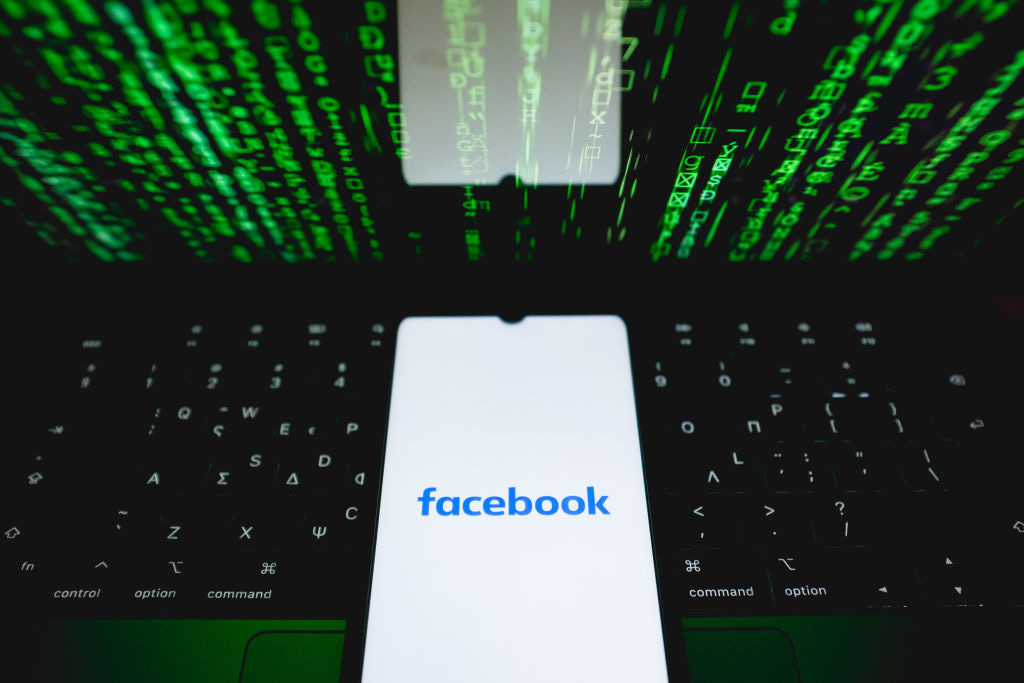
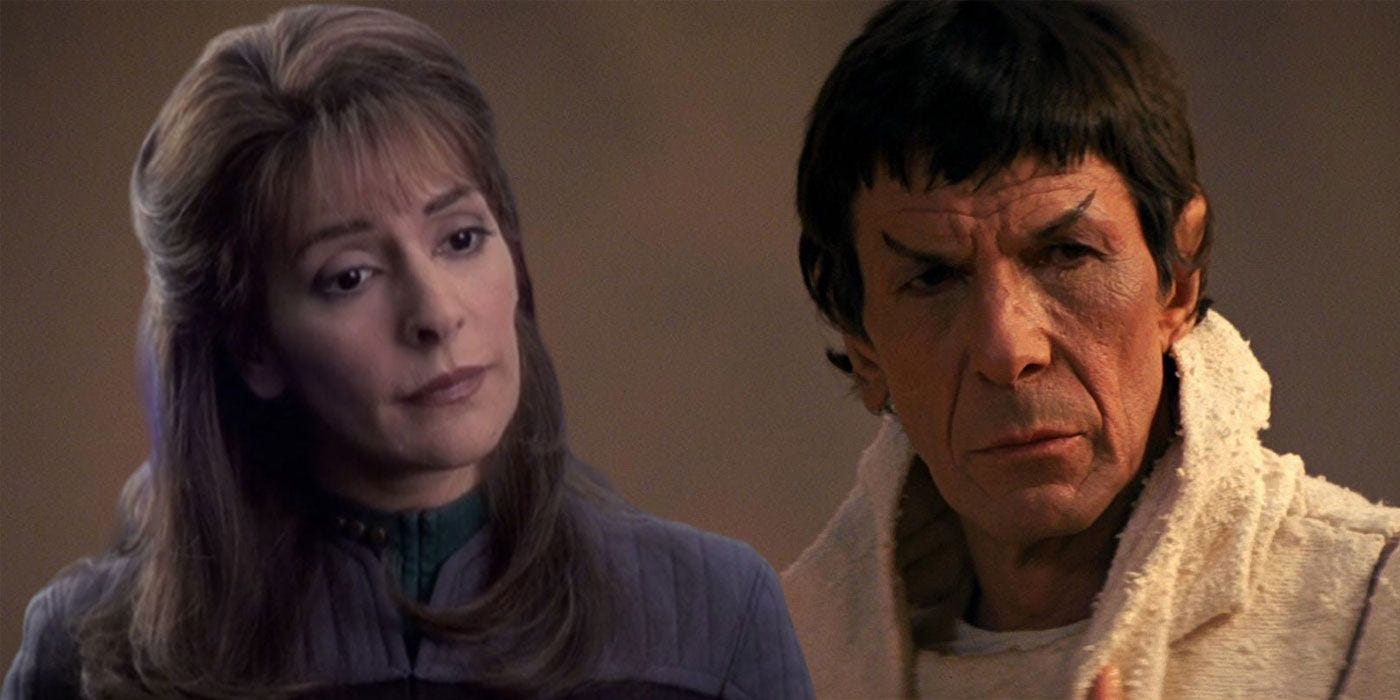
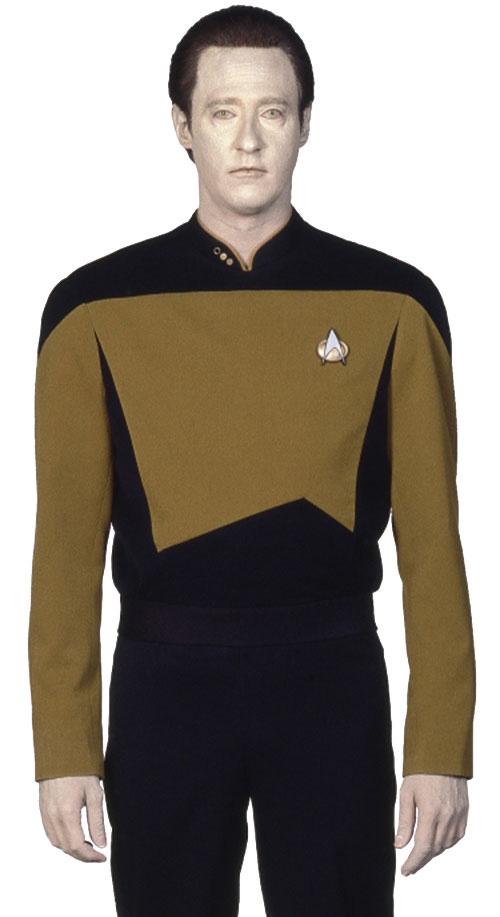

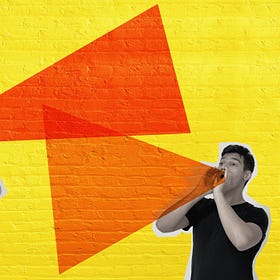
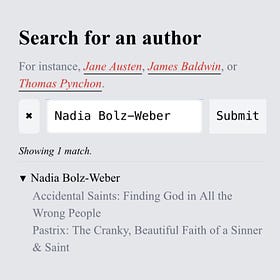
Thank you Nadia. I am an executive coach who works with individuals and teams in organizations around the principles of Transformational Leadership. Much of my work is helping influencers in organizations face the need for knowing, understanding, practicing, and applying a healthy Emotional (EQ) and Social Intelligence (SQ). Yes, they are very smart people and most of them want to serve the greater good. Yet there has been very little to no training in EQ and SQ. To say it another way, they know how to live with their HEAD (intelligence and gifts) - being rewarded for it with good grades and higher salaries. Yet, most have had little to no experience in their professional and personal lives living from their HEART. It is the HEART which is the epicenter of any healthy behavior.
To you and all the trusted advisors and influencers in this area, please...continue to work on your own heart (me included) and keep talking, writing, coaching, mentoring, etc. about this!
I’m a retired biomedical engineer who focused primarily on medical technology risk management. Your concerns are valid, and I could add many to and/or derivable from them.
AI is not immune from the consequential failures and accidents associable with any technology. I’ve seen medical device manufacturers who are as ethical as they come and comply with every regulation make consequenrial design mistakes . And then there are companies like Boeing who follow the shareholder value gospel of Jack Welch above all else.
AI is a tool with great promise.There is no doubt a out that.
As was gunpowder.